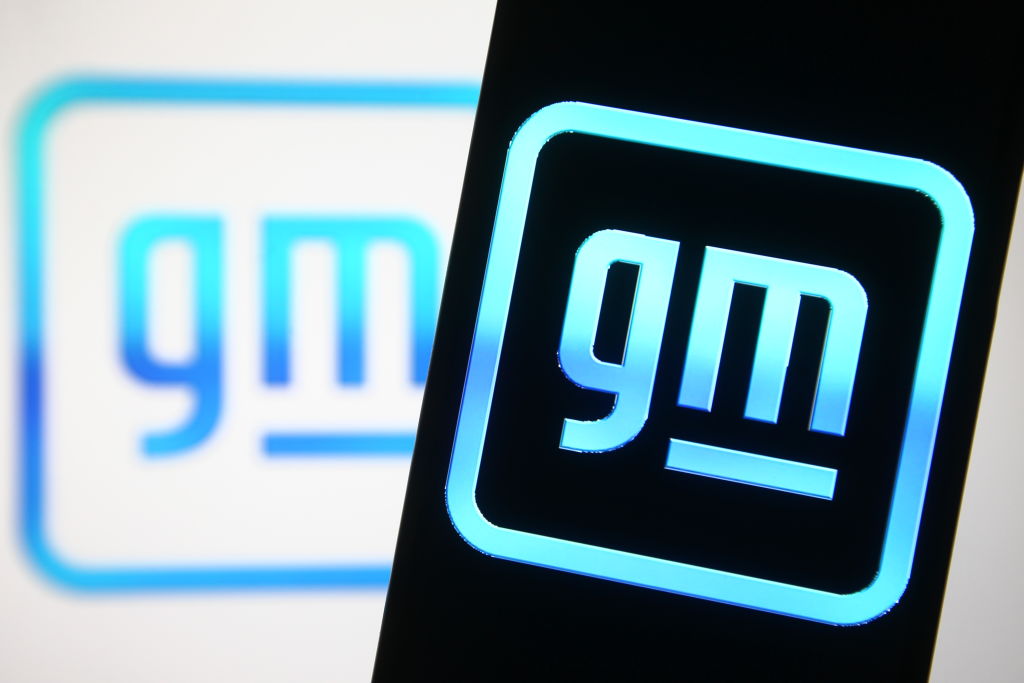If you’ve purchased a car recently, you may have wondered what exactly the destination charge that you ended up paying for was — and how it compared to other vehicles from the same manufacturer. Making matters even more confusing is the fact that destination charges have been on the rise lately. Now, the issue may have come to a head in the form of a lawsuit addressing General Motors’ implementation of the fees in question.
Writing at Jalopnik, Lawrence Hodge explored the recent lawsuit and its implications. As Hodge noted in his article, destination charges can be difficult to decode; nominally, they’re supposed to cover the expenses of getting a car from the manufacturer to the dealership and nothing more. Still, this doesn’t always appear to be the case. The article cites the example of a Cadillac CT4 which sells with “a $1,195 destination charge while a CT4-V Blackwing has a $995 destination charge.” If that made your head spin, you’re not alone.
A class action lawsuit in the Southern District of California argues that General Motors profits from destination charges. Hodge wrote that “California plaintiff Robert Romoff paid a $1,195 destination charge on a 2021 Chevy Equinox and New Jersey plaintiff Joe Siciliano paid a $995 destination charge on a 2019 Cadillac Escalade.”
The lawsuit itself charges that General Motors “deceives customers into paying far more than the actual cost of vehicle delivery.” Hodge points out that destination fees are generally the same for car buyers regardless of their distance from the facility where a particular vehicle is made — which might set off some alarm bells. General Motors has yet to respond to the lawsuit — but depending on how the case goes, the implications for buying a new car might be substantial.
Thanks for reading InsideHook. Sign up for our daily newsletter and be in the know.
